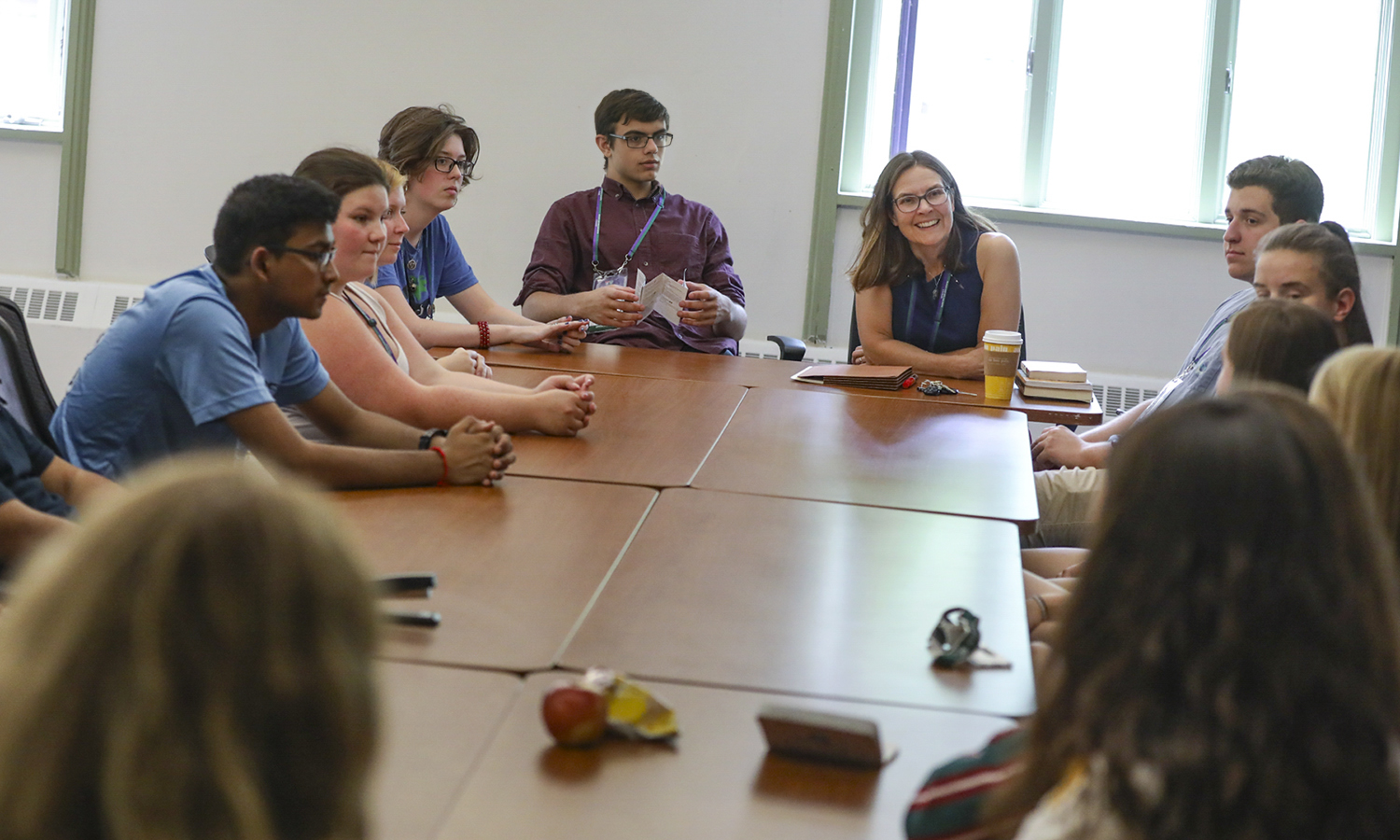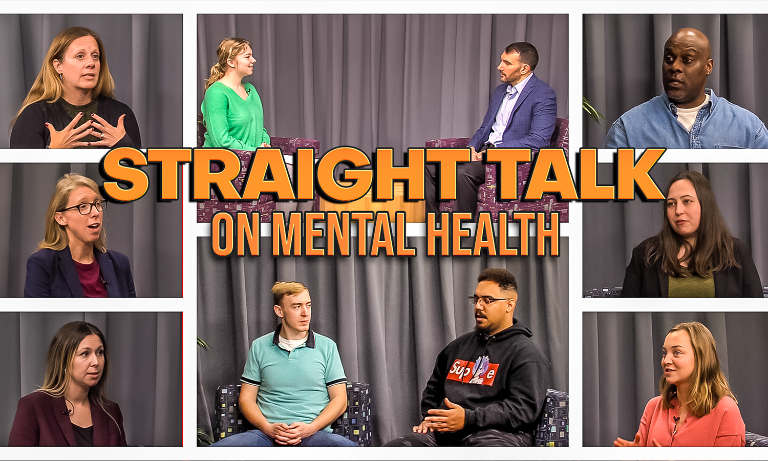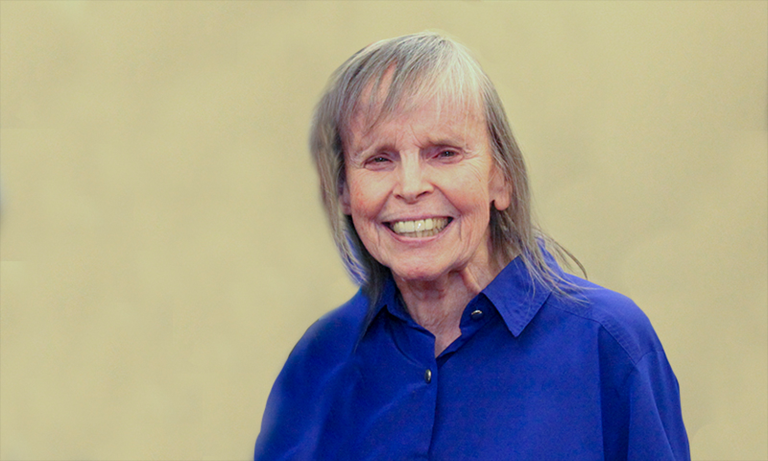
HWS News
5 September 2023 America the Embodied: Democracy and the Future of Disability Justice
As part of the annual Constitution Day lecture, Joel Michael Reynolds will argue that disability justice demands an amendment to the U.S. Constitution ensuring access — for “without access, the ideals of justice and liberty will always fall short.”
During the 2023 Constitution Day lecture, Joel Michael Reynolds, a world-renowned expert in disability studies and a powerful advocate for disability justice, will offer a public talk “America the Embodied: Democracy and the Future of Disability Justice.”
An assistant professor of philosophy and disability studies at Georgetown University, Reynolds’ work is concerned with the meaning of disability, the issue of ableism and how philosophical inquiry into each might improve the lives of disabled people and the justness of practices in medicine, science, politics and law. Reynolds serves as editor of The Journal of Philosophy of Disability and series editor of Oxford Studies in Disability, Ethics and Society and is author of The Life Worth Living: Disability Pain, and Morality (University of Minnesota Press, 2022) and co-editor of The Disability Bioethics Reader (Routledge, 2022).
The lecture will be held at 5 p.m. on Wednesday, Sept. 13 in the Vandervort Room of the Scandling Campus Center. The talk is free and is open to the public. An ASL interpreter will sign the discussion.
Professor of Philosophy Karen Frost-Arnold, who is coordinating the talk, has incorporated Reynolds’ work in her classes and is pleased their visit to campus coincides with the inaugural year of the new Gender, Sexuality, and Intersectional Justice Department at HWS.
“This is an exciting time for disability studies on campus!” Frost-Arnold says. “[Reynolds’] research on the nature of ableism is ground-breaking and really connects with many students’ lived experiences.”
As part of the talk, Reynolds will argue that disability justice cannot be achieved without an amendment to the U.S. Constitution. As they explain, “This 28th amendment would secure embodied rights: the right to housing, the right to food, and the right to healthcare. Disability justice goes beyond the UN’s Universal Declaration of Human Rights, and it includes, yet goes beyond the capabilities approach. The normative ground of disability justice is access, and without access, the ideals of justice and liberty will always fall short.”
Reynolds is also a senior research scholar in the Kennedy Institute of Ethics, senior bioethics advisor and fellow at The Hastings Center and faculty scholar at The Greenwall Foundation.
The event is co-sponsored by GSIJ, the Philosophy Department, the Education Department, and the Politics Department with funding from OAFA for the Constitution Day Lecture series.



